“With World Vegan Day on November 1st, I’m considering ditching animal foods. I’ve been a hardened carnivore all my life but am starting to get health issues, specifically with painful joints. I’m not sure if it’s my diet but I want to investigate the cause, while keeping an eye on the environment. Should I ditch all animal foods or is being vegetarian sufficient? I am 45.”
Clinical Nutritionist, Suzie Sawyer, answers:
Joint pain and the perimenopause
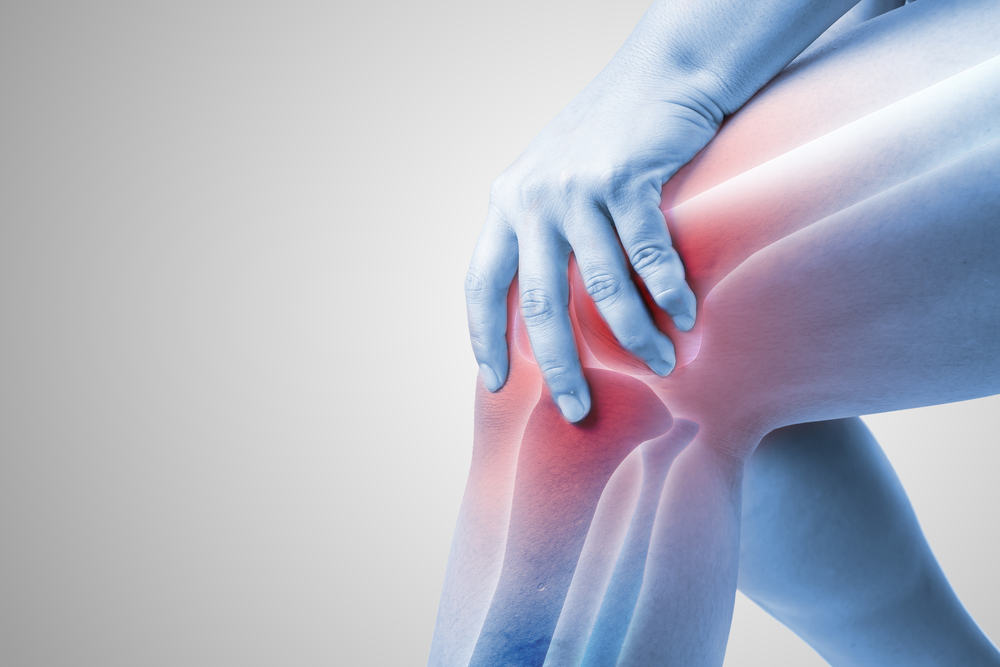
What a great topical question. Firstly, joint pain can be a symptom of the perimenopause and can get worse during menopause unless action is taken. This is essentially down to reducing oestrogen levels but can also be exacerbated by a pro-inflammatory diet, which includes meat and dairy produce.
Unfortunately, as we age, the body can lose tolerance and foods that may not have caused issues a few years ago, can become problematic over time. Meat is tough on the digestive system, which can cause inflammation internally, also triggering joint pain.
Hidden chemicals in animal produce
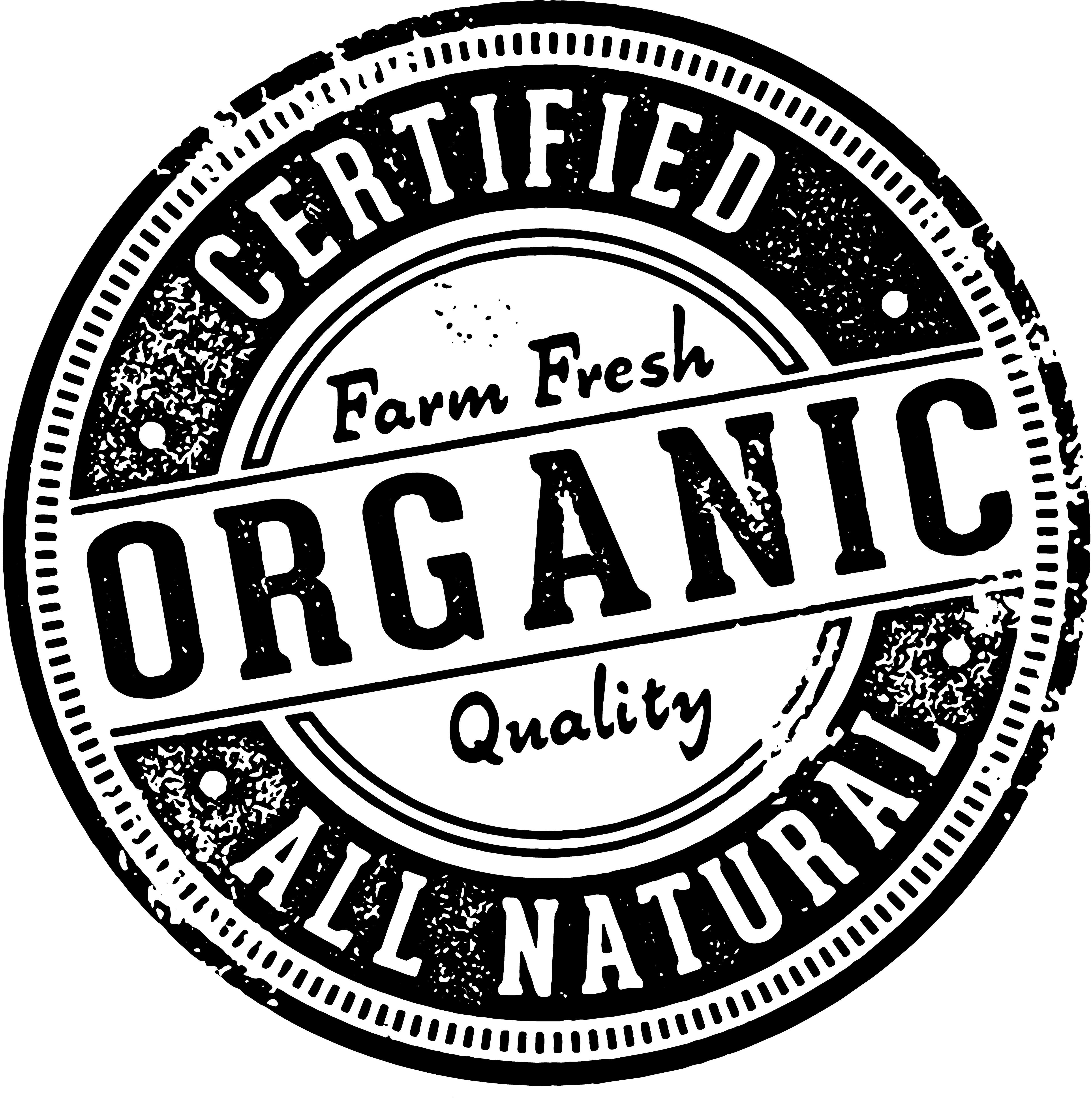
From a health perspective, most meat and dairy produce on the supermarket shelves is produced from animals that have been fed with growth-enhancing hormones and other chemicals that are then consumed by us through the food chain. Obviously, any ingested chemicals are not great for the human body, and some can be potential hormone disruptors for men, women, and children.
Choosing grass fed meat and organic meat and dairy does certainly reduce the impact of these chemicals as they are only permitted to use a very limited number of chemicals and no hormones.
Vegan vs Vegetarian
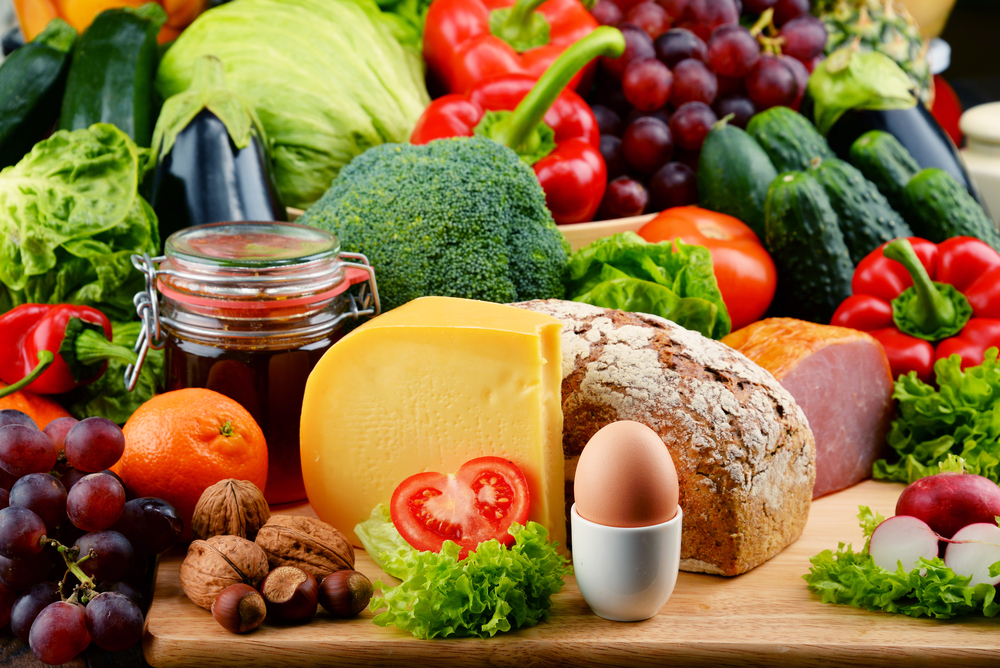
Clearly, it’s a personal decision about becoming vegan or vegetarian. Interestingly, the number of vegans in the UK now exceeds vegetarians for the first time, as people become more concerned about the environment and health issues.
Eating a completely plant-based diet provides great health benefits. Plants contain an amazing array of antioxidants, which help protect us from degenerative diseases as well as a huge range of vitamin and minerals. The vegan diet tends to provide much higher levels of fibre than those containing animal produce. This is especially helpful for gut health and for enhancing levels of friendly bacteria in the gut that have an essential role in overall health. Vegans also have a lower risk of heart disease.
The importance of Vitamin B12 and eating enough protein
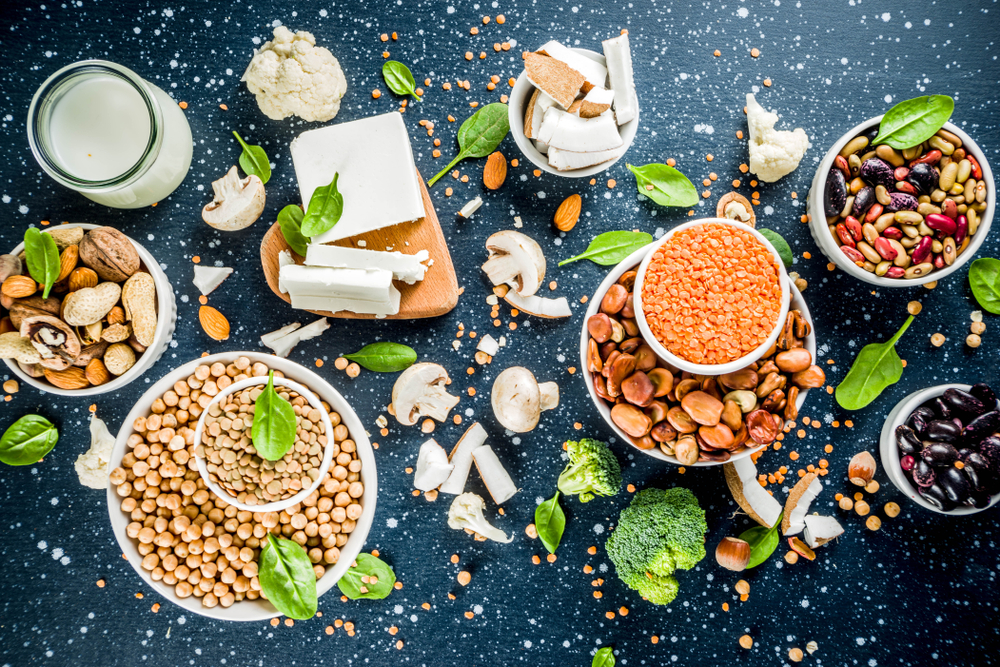
On the flip side, vitamin B12, which plays an essential role in immunity, the nervous system, and the formation of healthy red blood cells, is only found in animal produce. Therefore, if you choose to become vegan, it’s recommended to supplement with vitamin B12. Vegans also need to ensure they are eating sufficient protein from beans, lentils, quinoa, nuts, seeds, and legumes, with some at every meal. People who adopt a vegan diet and don’t eat sufficient protein can easily undo all the positives of ditching animal produce. Protein is essential for the immune system, building hormones, growth, and repair.
As a nod to World Vegan Day why not give it a try? It would potentially benefit your joints. And always remember that you can chop and change too. Being flexitarian is also a good choice – go for vegan or vegetarian meals on some days, whilst eating meat and fish on other days.

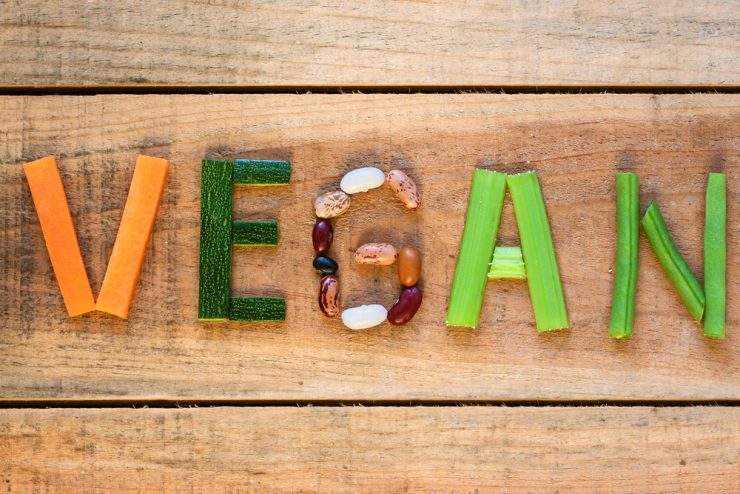






















Add comment